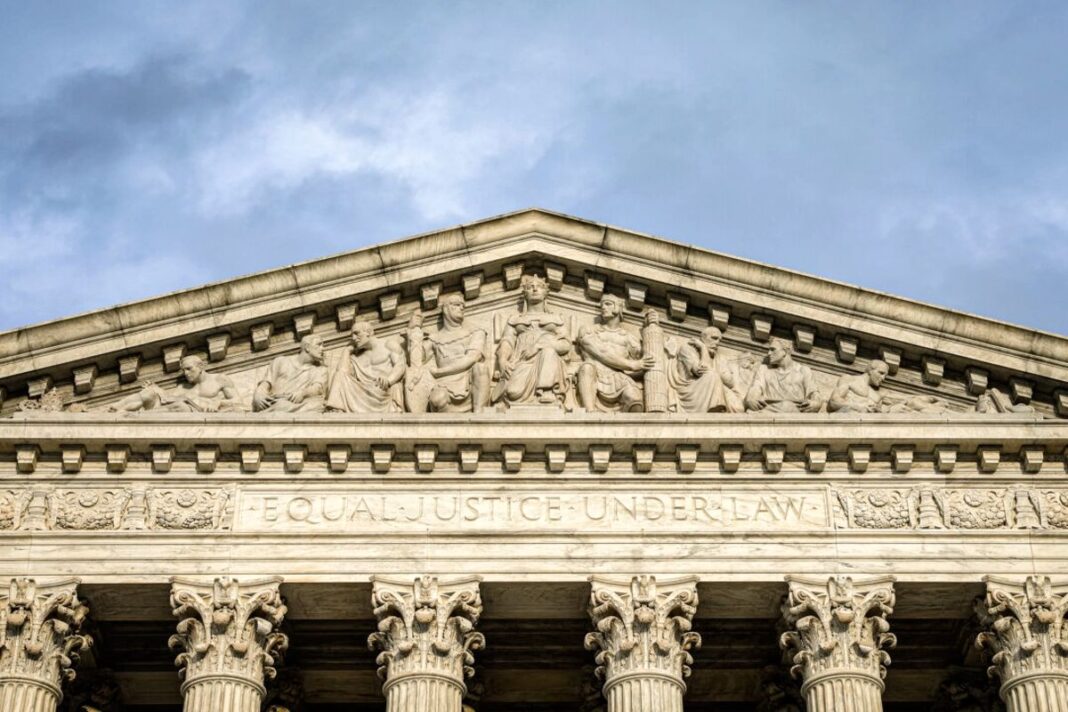A federal judge in March blocked the Department of Government Efficiency from accessing personal data.
The Trump administration on Friday asked the U.S. Supreme Court to allow the Department of Government Efficiency (DOGE) to gain access to Social Security data, coming after courts blocked the Elon Musk-led task force from accessing those records on privacy grounds.
The petition comes after a judge in Maryland restricted the team’s access under federal privacy laws. An appeals court this week refused to immediately lift the block on DOGE’s access, prompting the administration’s emergency appeal.
In a an appeal on behalf of the government, Solicitor General D. John Sauer wrote to the nation’s highest court that “this emergency application presents a now-familiar theme: a district court has issued sweeping injunctive relief without legal authority to do so, in ways that inflict ongoing, irreparable harm on urgent federal priorities and stymie the Executive Branch’s functions.”
“Multiple agencies, including the SSA, the Departments of Treasury and Education, and the Office of Personnel Management (OPM), have created DOGE-supported teams of agency personnel to support this critical government effort for their agencies,” Sauer wrote. “These teams have a business need to access the data at their assigned agency and subject the government’s records to much-needed scrutiny.”
If the lower court’s order is “left undisturbed, this preliminary injunction will only invite further judicial incursions into internal agency decision-making,” he added.
In late March, U.S. District Judge Ellen Hollander in Maryland issued a 137-page order that blocked DOGE from accessing Social Security Administration (SSA) records, saying that DOGE “is essentially engaged in a fishing expedition at SSA, in search of a fraud epidemic, based on little more than suspicion.”
DOGE, she added, appears to have started “a search for the proverbial needle in the haystack, without any concrete knowledge that the needle is actually in the haystack.”
Such efforts included “unbridled access to the personal and private data of millions of Americans, including but not limited to Social Security numbers, medical records, mental health records, hospitalization records, drivers’ license numbers, bank and credit card information, tax information, income history, work history, birth and marriage certificates, and home and work addresses,” Hollander continued to say.








